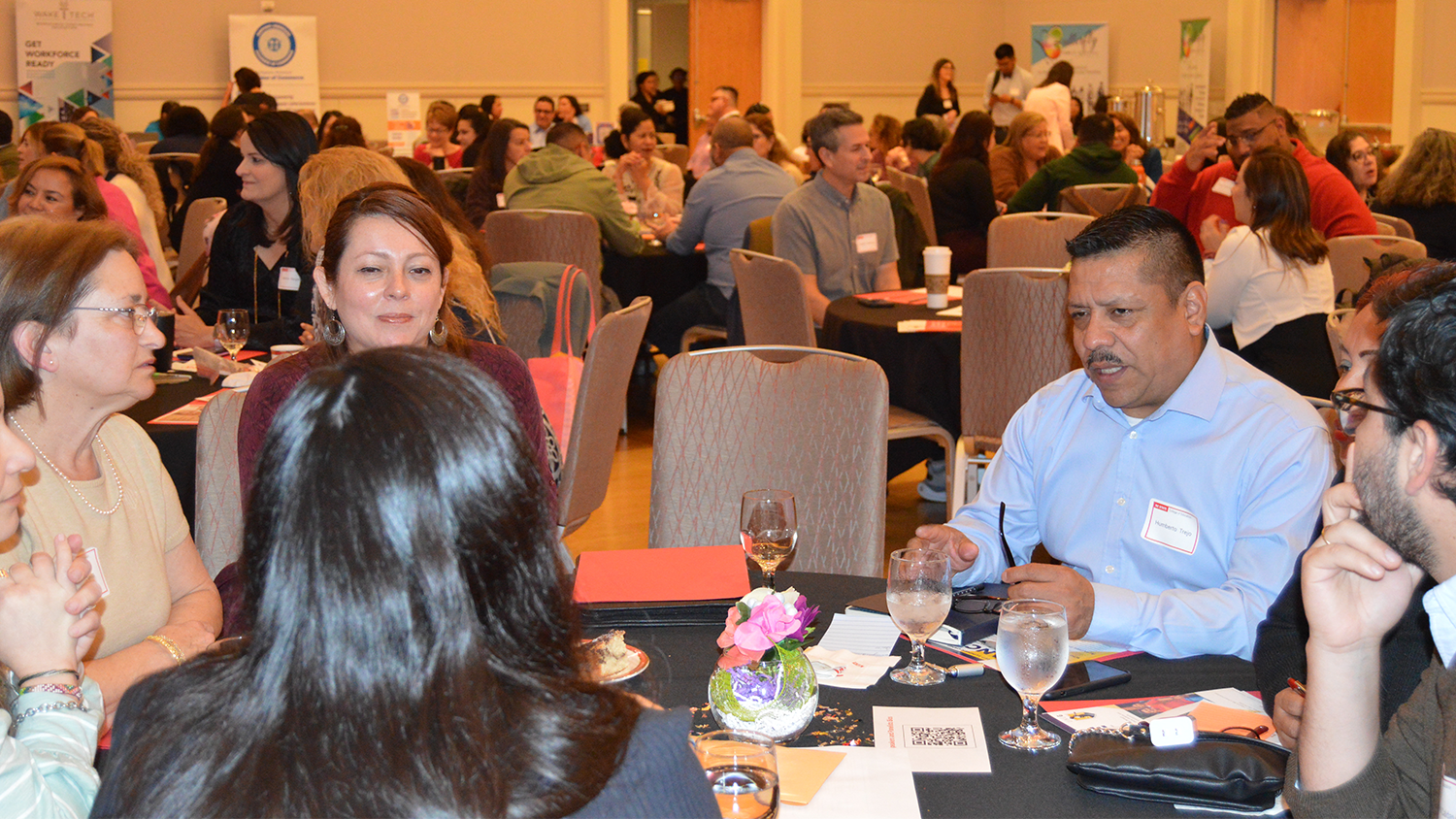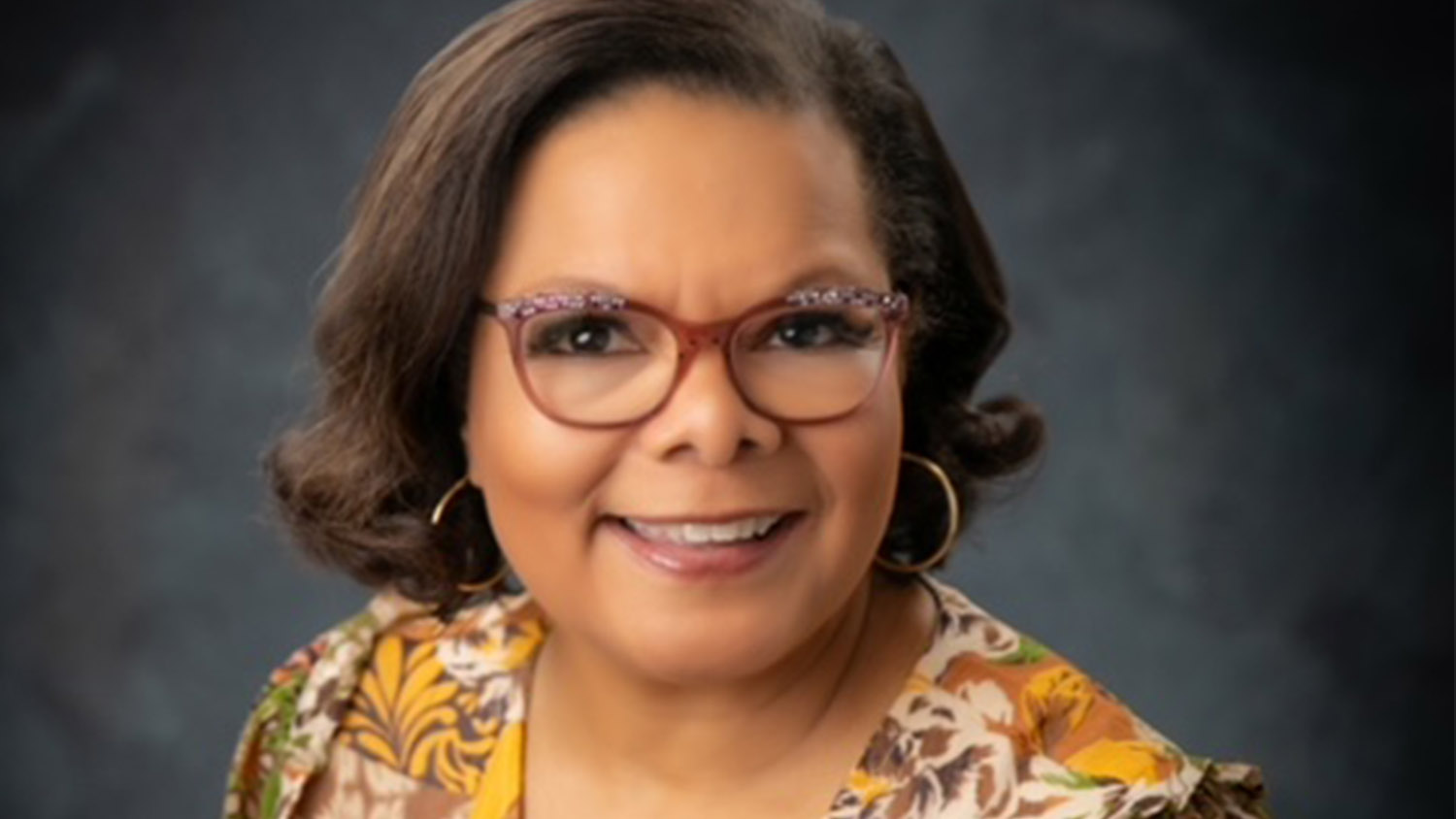Educators Learn Strategies, Feel Support at Second N.C. Annual Hispanic/Latino Professional Educators Summit

The number of multilingual learners in North Carolina has increased by 10% over the past year, with over 300,000 Hispanic students and 146,000 multilingual learners currently enrolled in the state’s public schools. At the same time, 3.5% of all teachers or educational leaders have an English as a second language (ESL) credential, and there is an average of one Latinx teacher for every 94 Latinx students.
To support these educators, the NC State College of Education, in collaboration with the N.C. Society of Hispanic Professionals, hosted the second N.C. Annual Hispanic/Latino Professional Educators Summit on Feb. 10. The event allowed educators to explore trends in K-12 education, hear from experts on multilingual learning and network with other educators.
“Hispanic/Latinx educators are critical to high quality education programs for our students in North Carolina, and the cultural and linguistic resources that Hispanic/Latinx educators bring are a major strength in our state,” said NC State College of Education Goodnight Distinguished Professor in Educational Equity Maria Coady. “Participants heard the stories of a Latino teacher of the year [and learned from] educational leaders and researchers who are working with educators in school and communities. They hopefully came away with inspirational stories, ideas for educational practices and programs, deeper understanding of the demographic changes in our state and our collective response to them.”
One of the presenters at this year’s event was MariaRosa Rangel, director of family and community engagement with the Wake County Public School System, who led a session entitled “How to Culturally and Equitably Engage Latino Immigrant Parents.”
In this session, educators were able to explore how Hispanic and Latinx students are performing academically, develop strategies to engage multilingual students while equitably and culturally engaging their parents and caregivers, learn about resources for Hispanic and Latinx families in North Carolina and hear success stories from Hispanic educators.
In addition to helping educators support their students, Rangel believes that the Hispanic/Latino Professional Educator Summit is an important resource to help the 200 educators who attended feel a sense of support for themselves.
“In many cases, a school might only have one Hispanic teacher, and this teacher might feel lonely and isolated. The summit brings Hispanic/Latino educators together to create a community, empower them and provide them with effective strategies to engage Latino families in their children’s education,” she said. “I hope they will make new connections with other educators, fostering professional relationships that will prove valuable to them in the future. By hearing from others about their educational leadership journeys, participants can learn how to follow similar paths and advance to the next level of education.”
- Categories:


